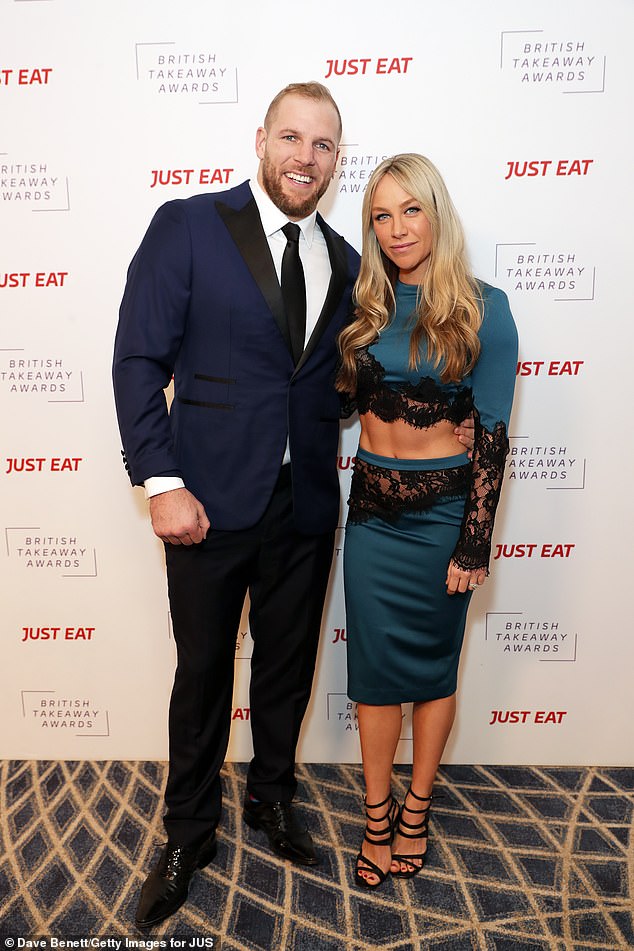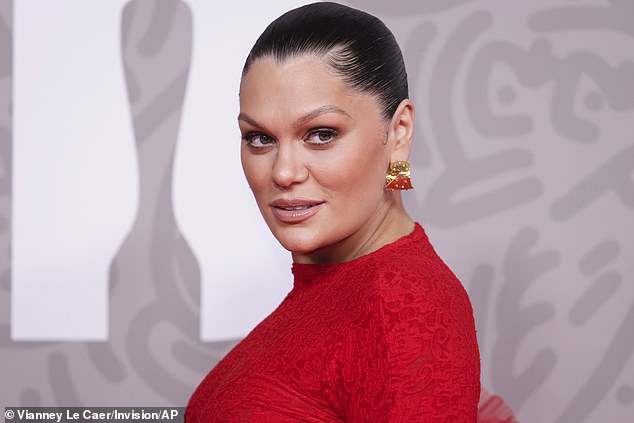Think of alcohol and you think of parties, celebrations and fun. A champagne toast at a wedding, a glass of wine at a Sunday BBQ, a large brandy after a walk with friends.
In our minds, alcohol is inexorably linked to being social. But that’s the strange thing about it – it’s so often not.
Alcohol is involved in nearly half of violent crimes in the UK, for example, and is a major contributing factor in domestic abuse. But it can be far less obviously anti-social too. All too often it separates people. It slowly pushes people apart. It drives a wedge between them.
This is particularly true in relationships when one person drinks and the other doesn’t, or only drinks infrequently.
It becomes increasingly hard for this to be a partnership in a meaningful sense of the word because, all too often, the couple are on different wavelengths.
I thought of this when last week I read former England rugby star James Haskell admit that his love of boozing had contributed to the break-up of his marriage to Chloe Madeley.
‘If I put more time into my marriage than I did Guinness, then I wouldn’t be divorced now,’ Haskell, 40, said.
He and 37-year-old Chloe – the daughter of television presenters Richard Madeley and Judy Finnigan – separated in 2023 after five years of marriage, when their daughter, Bodhi, was aged just one. Chloe had previously described their final year of marriage as ‘dark and painful’.
I always thought they were rather a sweet couple and all credit to Haskell for admitting his role in the break-up and naming alcohol as a factor.

Ex-rugby star James Haskell and Chloe Madeley in 2020. The pair split in 2023 after five years of marriage
Far too many people deny that booze has contributed to the breakdown of their relationship. Many people who drink simply don’t realise (or refuse to believe) they even have a problem until it’s too late and it affects the marriage to the point where a split is inevitable.
There are a number of reasons why alcohol can have such a corrosive, pernicious effect on relationships. For a start, perhaps obviously, it changes people’s character. They can become lairy, garrulous, argumentative, combative.
When someone has an unhealthy relationship with alcohol, it becomes like a jealous lover, always trying to come between them and their partner. It vies for their attention. It is a selfish drug that builds a near-impenetrable wall around the person who drinks.
Anyone who doesn’t drink – or drinks very infrequently – will know that point in an evening out with friends when the room divides into those who are drinking and those who are not. People start speaking loudly, telling the same stories, sloppily over-sharing. For the sober, it becomes infinitely boring.
Now imagine having to contend with that on a nightly basis, but rather than having other non-drinking people to talk to, you are stuck on your own, in your own living room.
What kind of fun is that? It’s incredibly lonely for the person who isn’t partaking.
Or perhaps the drinker in the relationship goes out all the time, rolling in late and leaving the other person alone with the mundane, practical tasks of life. Putting the kids to bed, loading the dish-washer, cleaning the house.
It’s not hard to see how this could breed resentment when one person is clearly prioritising their own fun and enjoyment over home life.
And that’s when the drinking partner doesn’t get abusive or rowdy when he or she rolls home.
Now factor in the time it takes to recover from drinking sessions, meaning the other person often has to take the lion’s share of those tasks the next day too…
Is it any wonder research suggests that alcohol misuse is a significant contributing factor to relationship breakdowns, accounting for about one in 20 of all relationships ending? Another study found that couples with one heavy drinker divorced at a rate of nearly 50 per cent over nine years.
What’s more, studies indicate that couples where one partner drinks heavily (defined as six or more drinks at once, or drinking until intoxicated) are more likely to experience divorce than couples where both partners drink at similar levels. In fact, this discrepancy is key to the chance of a relationship breakdown. Multiple studies have shown that while drinking in itself is linked to higher divorce and separation rates, the biggest factor is when couples have different drinking habits.
One of the key tools that doctors use in assessing if someone has a problem with alcohol is the CAGE questionnaire. Have you ever felt you needed to cut down your drinking? Have people annoyed you by criticizing your drinking? Have you ever felt guilty about drinking? Do you need to drink first thing in the morning (have an eye-opener)? Answering yes to two or more of these questions means there could be a problem.
In terms of a marriage, if your partner is asking you to cut down your drinking and you’re annoyed by this, then it’s time to have a long, hard look at the role of alcohol in your life. If you don’t, it might be the only relationship you’re left with.
A structured exercise regime reduces the risk of dying from cancer by a third, says a new study. It’s not just the physical impact, but the mental aspect too. Getting out, meeting new people, being part of a team – it’s all therapeutic.
PAs are NOT doctors
Physician Associates (PAs) are to be renamed by the NHS to clarify the fact they are not doctors. Apparently the term ‘physician’ is thought to confuse patients.
That at least is the recommendation of Professor Gillian Leng, president of the Royal Society of Medicine, who has undertaken a review of the PA role. Health Secretary Wes Streeting is expected to accept her ideas.
Thank goodness for that. I have long felt the term is misleading. My own mum was prescribed medication by a consultant after a series of strokes, but then had it stopped by someone she thought was a GP. Only after I asked why a GP had overridden a consultant did it become clear she had seen a PA. When her actual GP got involved, the medication was restarted.
For too long people have been palmed off with PAs. The name we use for them must reflect the fact they aren’t doctors.

Jessie J at the Brits in 2023. She has said her breast cancer diagnosis is ‘a very dramatic way to get a boob job’, adding that she will ‘come back with massive t*ts and more music’
Singer Jessie J, 37, has been diagnosed with early breast cancer and will have surgery this month.
‘Cancer sucks in any form, but I’m holding on to the word ‘early’,’ she said in a video message. ‘It’s a very dramatic way to get a boob job. I will come back with massive t*ts and more music.’
There’s no right or wrong way to deal with a diagnosis of breast cancer, but humour can be a useful way of re-taking control.
Dr Max prescribes: MMR jab
Parents are being urged to ensure their children are vaccinated against measles before the summer holidays.
Remember the R number from the pandemic? This is the number a single infected person will pass the infection on to. Covid has an R number of three, while measles is 18. It can lead to lifelong complications. Children need two vaccines to be fully protected for life.












